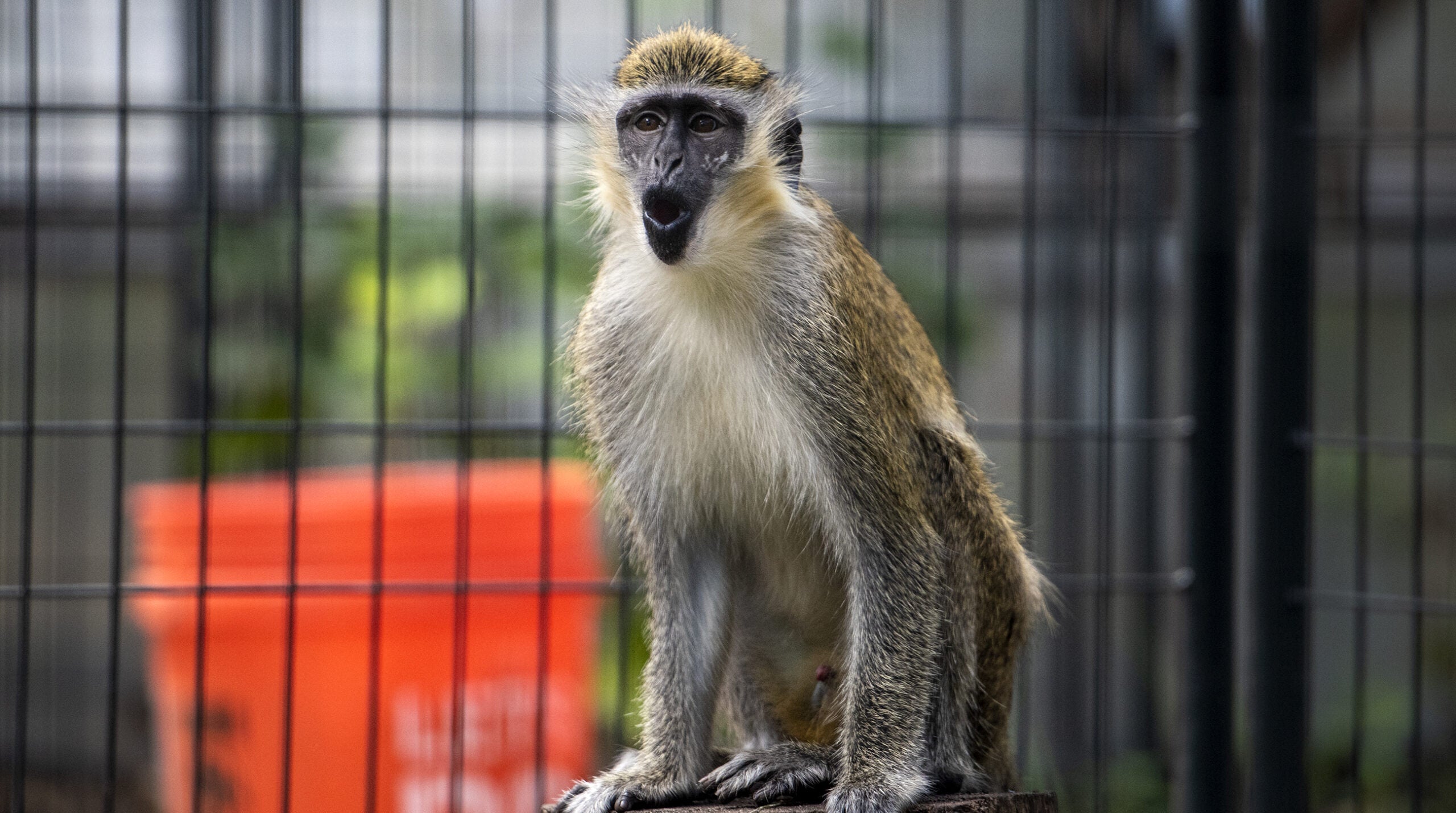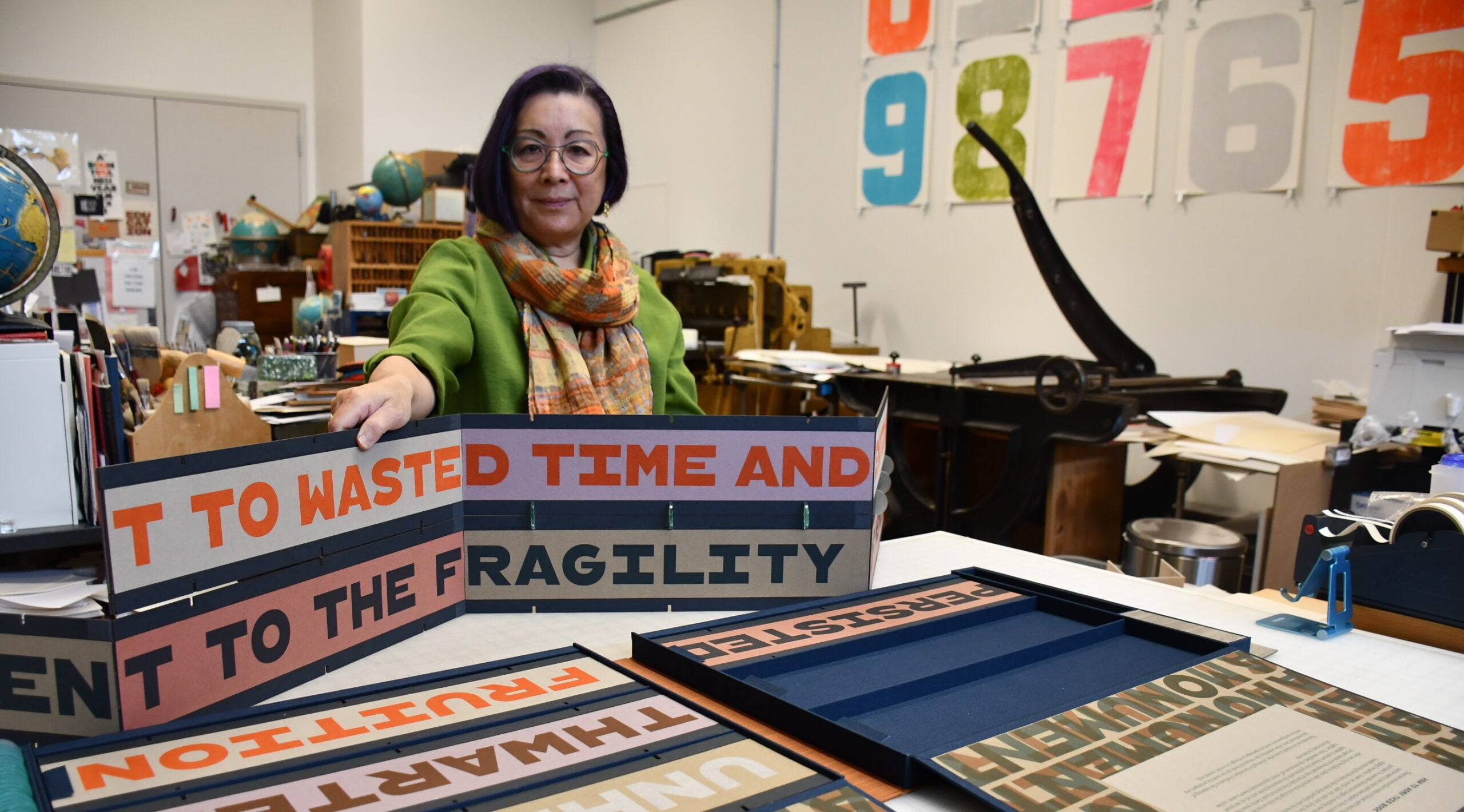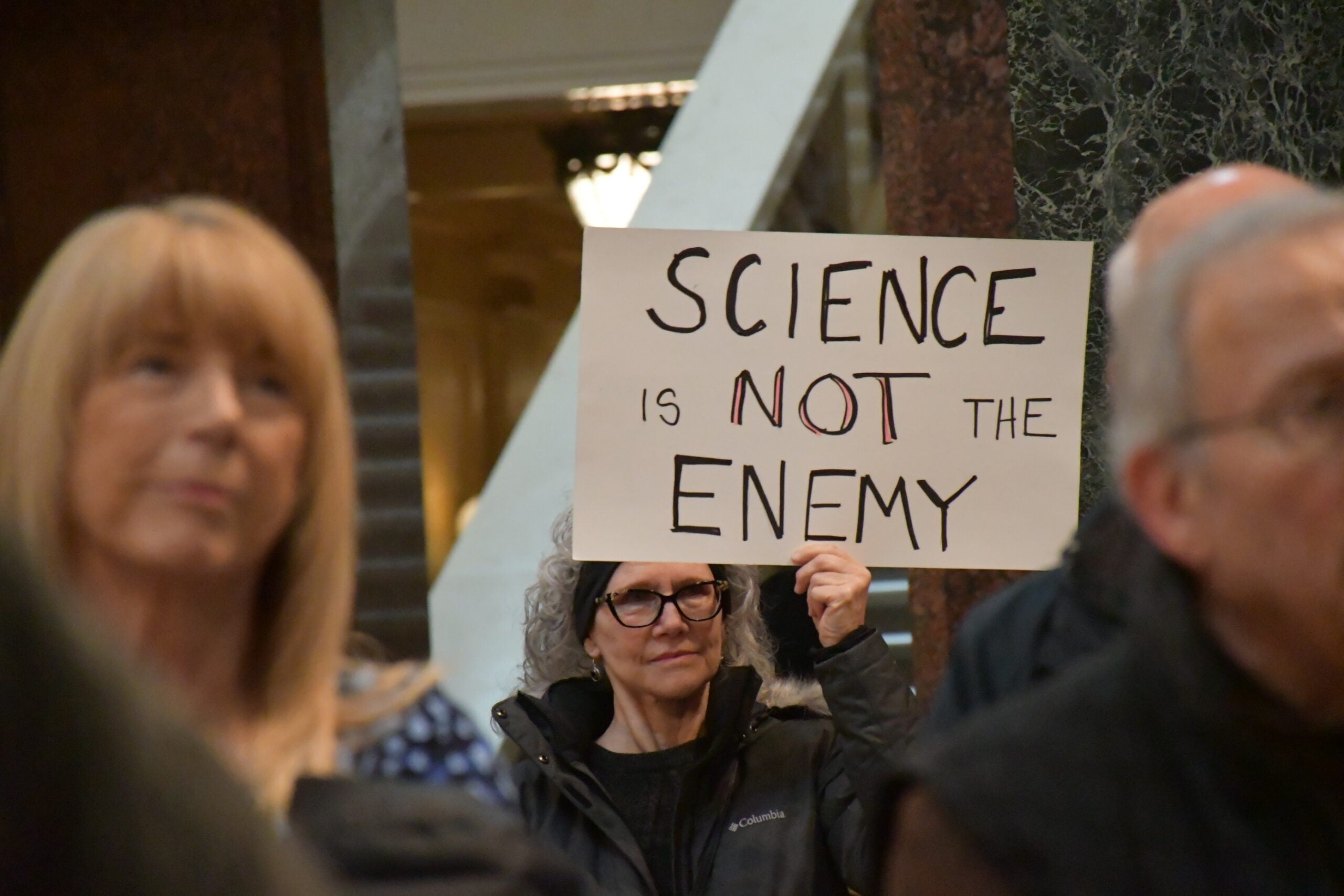About six years ago, three rhesus macaque monkeys retired from research facilities to a 17-acre plot of grassy meadows and woods in central Wisconsin. These three monkeys, including 35-pound Mars, had likely lived their entire lives indoors before coming to the facility in Westfield called Primates Incorporated.
“He (Mars) was touching the ground like he was testing it out to see if it was OK to touch and what it felt like,” caretaker Amber Zorn told WPR’s “Wisconsin Today.” “Because he just had never touched that before.”
Nearly 7,200 primates spend their lives in Wisconsin undergoing research, according to 2023 figures from the U.S. Department of Agriculture. After experiments end, only a fraction of these animals get the chance to retire to a sanctuary.
News with a little more humanity
WPR’s “Wisconsin Today” newsletter keeps you connected to the state you love without feeling overwhelmed. No paywall. No agenda. No corporate filter.
Primates Incorporated is one of about 10 accredited primate sanctuaries in the country. The Wisconsin nonprofit houses 12 monkeys, some from research labs and others from the exotic pet industry.
But the sanctuary is out of space.
In a new fundraising effort, Primates Incorporated hopes to raise $600,000 to build more monkey housing, a medical building and a community kitchen. This effort would triple the current amount of space they have, allowing the group to add 30 more monkeys.
Executive Director Amy Kerwin, who’s also the group’s founder and a volunteer, said she has raised about $228,000 for the expansion with a plan to break ground on some smaller parts of the project this fall. She said her end goal is to never turn a monkey away.
“We’re showing that there’s an alternative to euthanasia, that monkeys can be sent to sanctuary. But funding will need to be set aside for it,” she told “Wisconsin Today.”
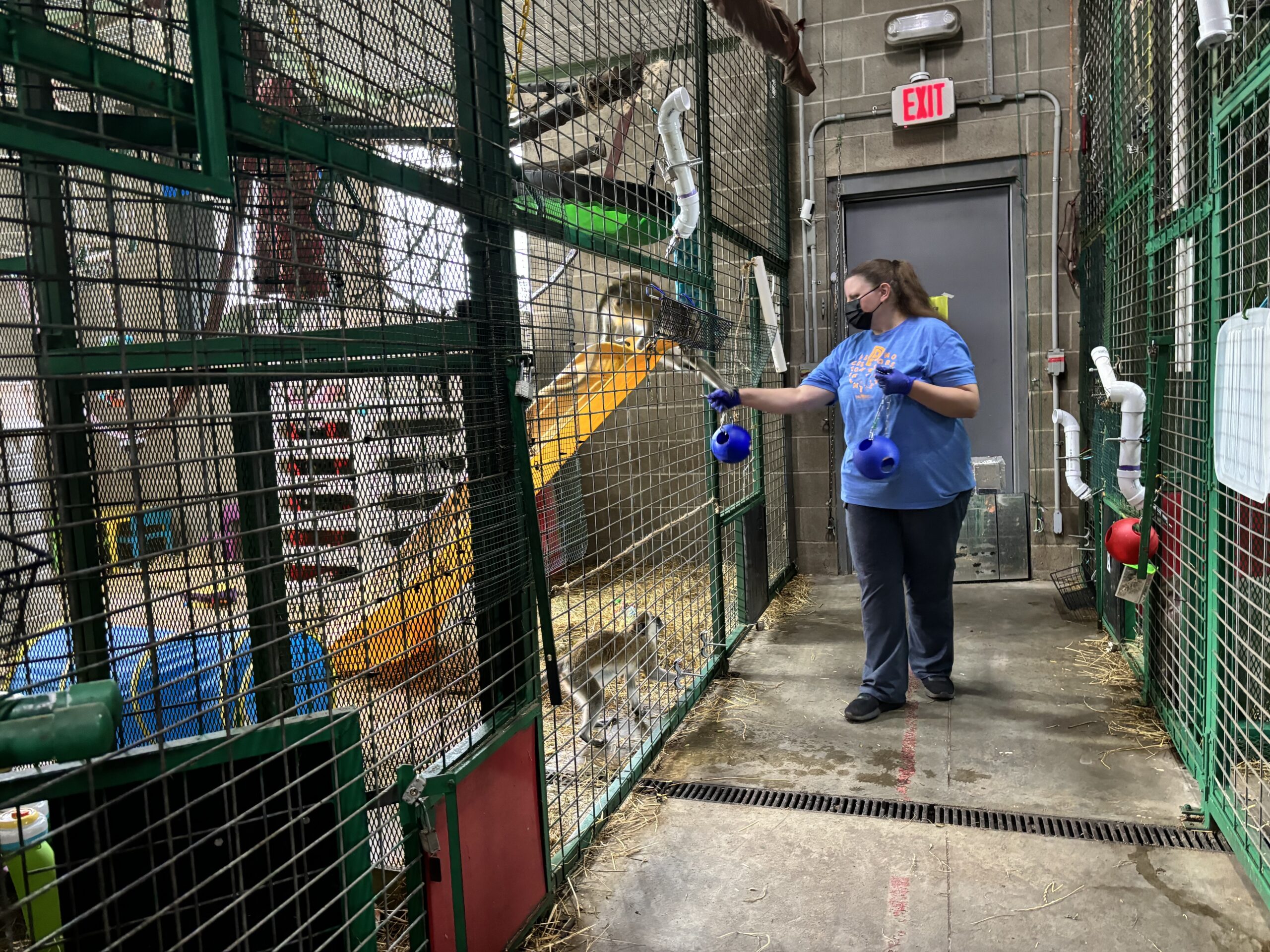
Currently, there is no federal funding for nonlethal research monkeys to retire into a sanctuary. At Primates Incorporated, they partner with labs across the nation and charge a fee to house the monkeys for the remainder of their lives. But the fee only covers part of the cost.
“It costs $15,000 a month to care for just these 12 monkeys,” Kerwin said. “We really would like to see that federal funding component. I feel, personally, it should be part of the cost of doing research.”
Caretakers keep monkeys busy with games, enrichment
A team of volunteers, a primate behavioral specialist, an onsite resident and a host of animal caretakers keep the monkeys fed and entertained at the sanctuary.
In retirement, these monkeys roam around indoor and outdoor enclosures, all connected by overhead enclosed metal walkways that resemble sky bridges.
Sometimes the monkeys’ enrichment is a ball filled with peanut butter or a day at the pool to dive for blueberries.
The rhesus macaques on site have brownish hair, expressive red faces and red butts. The last of which is a trait that is seen as attractive to other monkeys. Mars often uses his as a signal he wants attention from Zorn, the caretaker.
“He has his butt up in the air and he’s telling me, ‘Excuse me, I want scratches,’” Zorn said. “He’ll flip over onto his back and have you scratch his belly. Getting on his face and getting his neck scratched, he loves it all.”
After working in research lab, founder hopes to give back
Kerwin and the other caretakers know each monkey by name as well as their favorite treats and preferences. She sees the monkeys as individuals, something she realized while working at her previous job in a research lab.
In the 1990s, she worked at the University of Wisconsin-Madison’s Harlow Center for Biological Psychology and cared for 97 rhesus monkeys, the same species she cares for today.
The center was named after Harry Harlow, a scientist who used methods of isolation and maternal deprivation on infant monkeys to show the impact of contact and comfort on primate development in the 1960s and 1970s.
Kerwin said she became close to the monkeys she cared for and advocated for better conditions. She started to form the sanctuary while still working at the lab, she said, but others around her did not get behind her mission as much as she expected.
She said she understands the spot researchers are in and calls a sanctuary an ethical compromise. After monkeys spend most of their lives dedicated to research and experiments, a sanctuary is a place where staff prioritize the monkeys.
“What sending them to sanctuary means is sending them from living in a closet their whole life to multiple environments and putting them first,” she said.
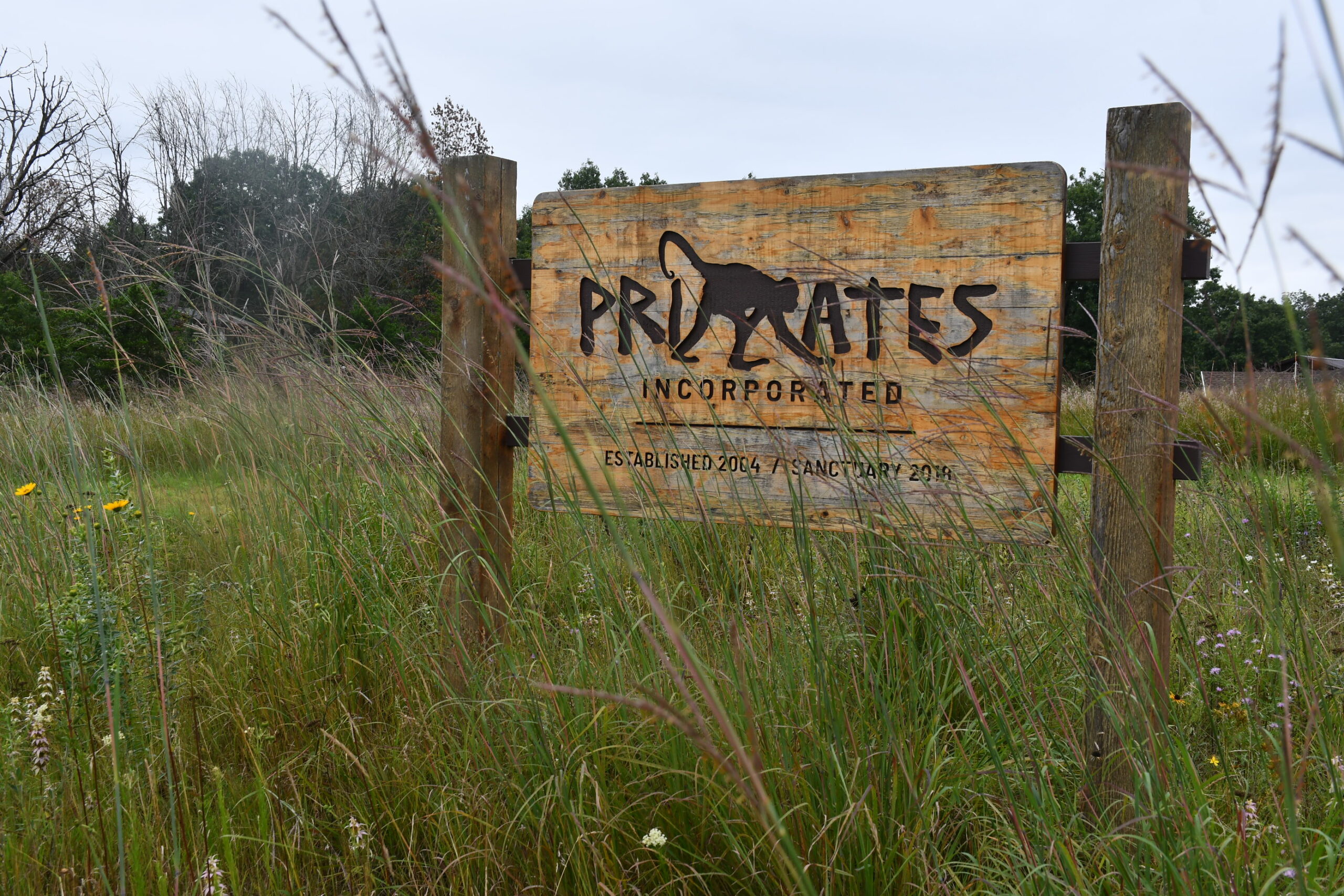
Wisconsin Public Radio, © Copyright 2025, Board of Regents of the University of Wisconsin System and Wisconsin Educational Communications Board.

